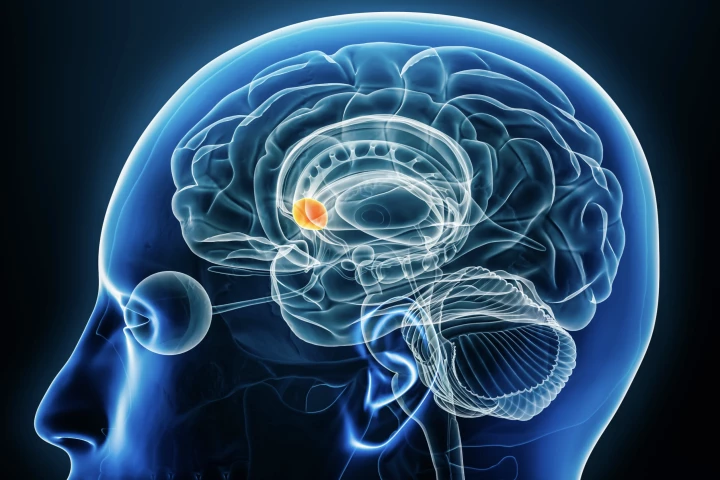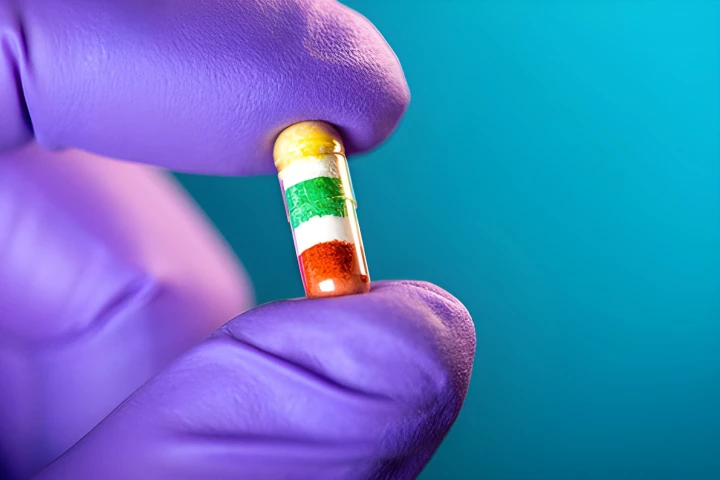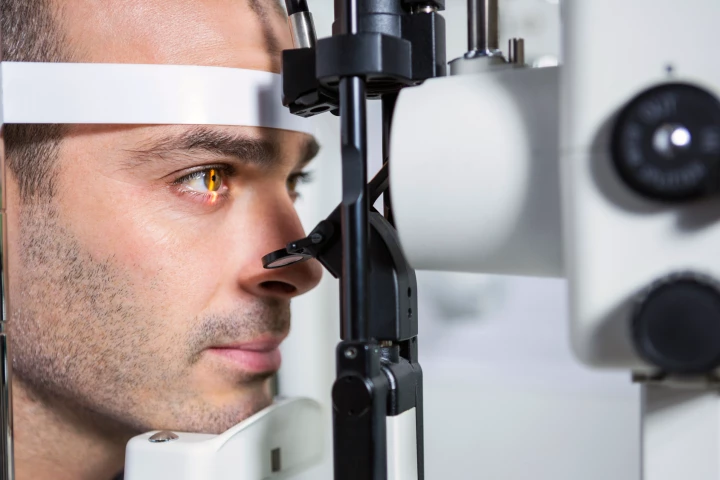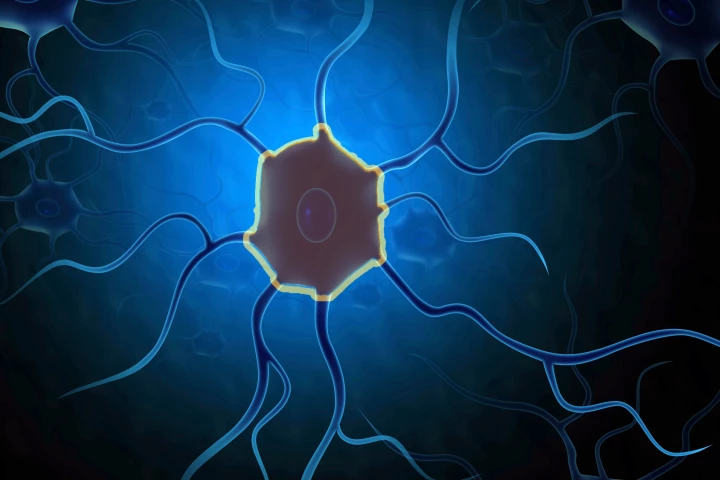Parkinson's Disease
-
A once-a-week Parkinson’s injection could replace multiple daily pills, thanks to a new slow-release formulation developed by researchers. It promises easier treatment, fewer missed doses, and better symptom control.
-
Dopamine doesn’t flood the brain as once believed – it fires in exact, ultra-fast bursts that target specific neurons. The discovery turns a century-old view of dopamine on its head and could transform how we treat everything from ADHD to Parkinson’s.
-
A safe and affordable treatment to effectively combat the progress of Parkinson's dementia has emerged – in the form of a commonly available cough syrup that's already being studied for its brain-protecting power in other degenerative diseases.
-
A new organelle has been found by scientists at the University of Virginia. The super-small specialized structure has a role recycling material inside our cells, and its discovery could lead to improved treatments for a wide range of diseases.
-
Researchers have uncovered another piece of the Parkinson’s disease puzzle, identifying that particular immune cells are active long before the hallmark motor symptoms become apparent. It paves the way for the development of earlier diagnostic tools.
-
Catching the onset of Parkinson's Disease early can be critical to slowing the disease's progression and improving a patient's life. A new test that uses nothing more than a sample of someone's ear wax is set to do exactly that.
-
A protein found in our cells has emerged as a secret weapon against biological aging, acting like a glue to repair damaged DNA and ward off neurological degeneration including that seen in motor neuron, Alzheimer’s and Parkinson’s diseases.
-
Neighborhoods near golf courses are often considered desirable locations. However, a new study suggests that houses within a few miles of manicured fairways and greens may not be such hot property for your health and wellbeing.
-
In a new study, researchers have identified a way to stop cells from dying, opening the door to developing treatments that slow the progression of neurodegenerative conditions like Parkinson’s disease.
-
For some common medical conditions, timing is everything when it comes to taking medications. Now, a customizable capsule engineered at UC San Diego could simplify complicated dosing schedules thanks to a unique staged release system.
-
Researchers have developed a simple, non-invasive method of diagnosing Parkinson’s disease early using an eye scan. It could mean treatment can start sooner or, alternatively, could be used to monitor the disease’s progression.
-
Researchers have developed nerve grafts, currently being trialed as a treatment for Parkinson’s disease, that are invisible to the body’s immune system. It could mean that giving risky post-transplant anti-rejection drugs is soon a thing of the past.
Load More











